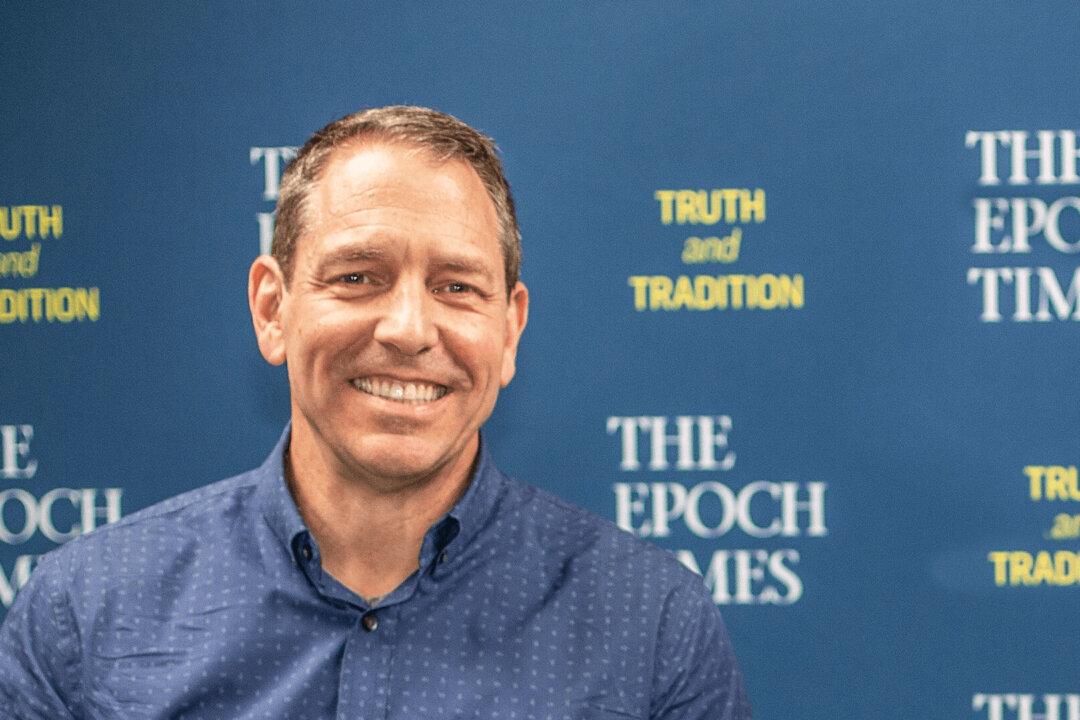Political activist Mark Meckler, who heads the Convention of States Action project, warned that the Democrat-led election reform bill is a threat to democracy, while touting his initiative as a constitutionally-enshrined way to fight back and rein in federal overreach.
Meckler, in an interview with The Epoch Times’ “Crossroads” program, took aim at H.R. 1, or For the People Act of 2021, which passed the Democrat-controlled House on March 3 on a largely party-line vote of 220-210, with all Republicans and a lone Democrat—Rep. Bennie Thompson (D-Miss.)—voting against it.






